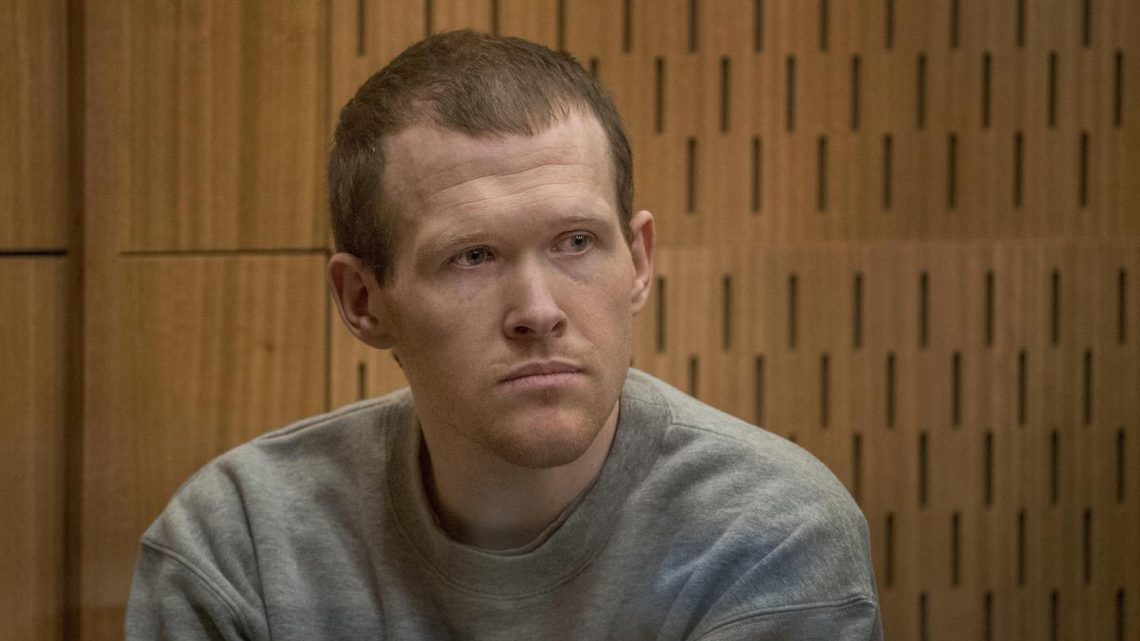
Christchurch Shooter Planned to Attack Third Mosque to ‘Inflict as Many Fatalities as Possible’
August 24, 2020A court has heard that Australian white supremacist Brenton Tarrant, who opened fire on worshippers at two mosques in Christchurch last year, originally intended to attack a third mosque and burn all three buildings to the ground in a bid to "inflict as many fatalities as possible".
The 29-year-old mass murderer appeared at the New Zealand city’s High Court on Monday for the first day of his sentencing hearing, having previously pleaded guilty to 51 counts of murder, 40 attempted murders and one charge of terrorism. He now faces the possibility of life in prison without parole—a sentence never before imposed in New Zealand.
The court heard that after attacking Christchurch’s Al Noor mosque and Linwood mosque on March 15, 2019, Tarrant had been driving to the nearby town of Ashburton with plans to carry out a similar attack when he was stopped by police who arrested him. According to Crown prosecutor Barnaby Hawes, the gunman also originally had plans to burn down the mosques and said he "wished he had done so".
Hawes told the court that Tarrant had been planning the attacks for years—studying floor plans, locations and other details of mosques in New Zealand—with the aim of targeting them at their busiest times.
Similarly, in a police interview after the attacks, Tarrant admitted he was "going into both mosques to kill as many people as I could".
Tarrant "refers to his actions as terror attacks, saying they were motivated by his ideological beliefs and he intended to instil fear into those he described as 'invaders' including the Muslim population or more generally non-European immigrants", the court was told.
His crimes, which constitute the worst mass murder in New Zealand's history, carry a mandatory sentence of life in prison. High court judge Justice Cameron Mander will decide whether such a sentence is imposed without parole.
The hearing is expected to run for four days.

